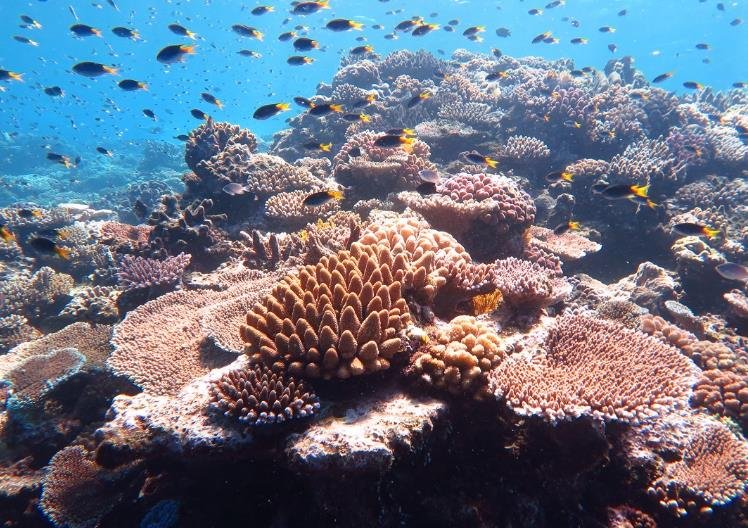In a groundbreaking effort to redefine sustainable fishing, top ocean experts have published a report proposing 11 “golden rules” that challenge the current flawed approach to fisheries management. These rules aim to halt the ongoing destruction of the oceans and ensure the renewal of abundant fish populations for future generations. The report, released ahead of Brussels’ Ocean Week and the UN Ocean Conference in Nice, emphasizes the urgent need for a new framework to manage the world’s fisheries sustainably.

Rethinking Sustainable Fishing
The current concept of sustainable fishing, adopted post-World War II, is scientifically outdated. It relies on a simplistic theory that assumes global catch volumes below a set limit are sustainable. However, this approach ignores the environmental and social impacts of different fishing methods. The new golden rules advocate for minimizing impacts on marine species and habitats, adapting to climate change, and enabling the regeneration of depleted marine life.
Professor Callum Roberts from the University of Exeter, the lead author, highlights that the prevailing definition of sustainable fishing leads to the depletion of marine species and the destruction of natural habitats. The new guidelines propose a holistic approach that considers the health of marine ecosystems and the well-being of fishing communities.
The report also stresses the importance of supporting artisanal fishing communities, which are often marginalized by industrial fishing practices. By adopting these new rules, policymakers can ensure that fishing practices are both environmentally and socially sustainable.
The Urgent Need for Change
Fishing is globally recognized as the leading cause of ocean destruction. The authors of the report argue that the current management practices are inadequate and contribute to the ongoing depletion of marine resources. The new golden rules aim to address these issues by promoting sustainable fishing practices that benefit both the environment and local communities.
One of the key principles of the new guidelines is to minimize the impact of fishing on marine species and habitats. This includes adopting fishing methods that are less harmful to the environment and ensuring that fish populations can regenerate. The report also calls for better management of fishing quotas to prevent overfishing and protect vulnerable species.
Another important aspect of the new rules is the emphasis on the social and economic well-being of fishing communities. The report advocates for policies that support small-scale fishers and ensure fair distribution of fishing rights. By prioritizing the needs of local communities, the new guidelines aim to create a more equitable and sustainable fishing industry.
Implementing the Golden Rules
The successful implementation of the new golden rules requires the cooperation of policymakers, retailers, fishers, and industry leaders. The report calls on these stakeholders to embrace the new vision and commit to its implementation. By working together, they can create a sustainable future for the world’s fisheries.
The new guidelines also emphasize the need for continuous monitoring and evaluation of fishing practices. This includes regular assessments of fish populations and the health of marine ecosystems. By using scientific data to inform management decisions, policymakers can ensure that fishing practices remain sustainable in the long term.
Education and awareness are also crucial for the successful implementation of the new rules. The report highlights the importance of educating fishers and the public about sustainable fishing practices. By raising awareness about the environmental and social impacts of different fishing methods, the new guidelines aim to promote more responsible fishing practices.
The new golden rules represent a significant shift in the approach to fisheries management. By adopting these guidelines, policymakers can ensure the long-term sustainability of the world’s fisheries and protect the health of marine ecosystems.
















